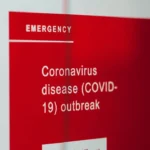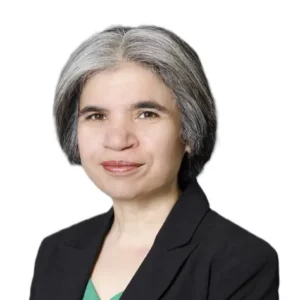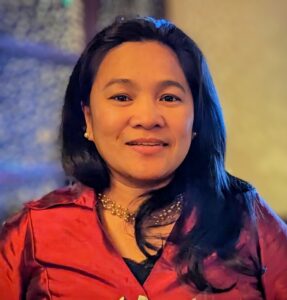Early Intervention Program for Infants and Young Children (EIPIC) program is specially designed for children from 18 months to 6 years old, diagnosed with Autism Spectrum Disorder and/or other developmental disabilities. Our EIPIC includes an individualized program for your child using the Early Start Denver Model (ESDM).
The program is delivered through a multi-disciplinary team of Board-Certified Behavior Analysts/Behavior Consultants, Occupational Therapists, Speech-Language Pathologists, and Behavior Interventionists
HOW DOES IT WORK?
The children learn in a classroom-type setting. Each classroom may have two to four children. This small classroom setting allows focus on the needs of the children and allows them to effectively socialize and learn in a preschool-style environment.

Despite the group classroom setting, each child has his/her own Individualized Behavior Plan of Intervention (BPI) to ensure that the child learns according to his/ her own learning style and learning pace. The goals are tracked regularly and adjusted according to the child’s speed of acquisition and learning style.
WHAT DOES IT TEACH?
The curriculum is based Early Start Denver Model (ESDM).
The ESDM curriculum focuses on building language and communication skills, cognitive and perception skills (including basic reading, writing, and numeracy), social/ group and play skills, motor skills, self-help, and independence. Additionally, we also target any behavior challenges to help children function in the classroom and group learning.
The ESDM incorporates techniques from two existing methods that have received empirical support for improving skill acquisition in young children with autism (e.g. Green et al., 2002; McGee et al., 1999).
- Denver Model: was originally developed by Rogers and colleagues and encourages development in a variety of areas known to be affected in autism. The Denver Model focuses on creating an effectively warm and rich environment to foster positive relationships between children and adults and approaches language development from a communication science orientation, emphasizing the social function of language (pragmatics) and the development of non-verbal communication and imitation as foundations for verbal language.
- Pivotal Response Training (PRT) based on the principles of Applied Behavior Analysis (ABA): PRT incorporates specific variables associated with motivation within a systematic teaching approach to increase communication, language, and play skills under natural conditions that more closely resemble the way typically developing children acquire developmentally appropriate skills (L.K. Koegel et al., 1999a; 1999b).
WHAT DOES THE SCHEDULE LOOK LIKE?
Two session times available for clinic-based sessions:
- Morning sessions from 9:00 am to 11:30 am (Monday -Thursday)
- Afternoon sessions from 12:30 pm to 3:00 pm (Monday -Thursday).
Schedules for Early Intervention Program for Infants and Young Children (EIPIC) program are done for a full school year, i.e., September to June. Children can join at any time of the year. To provide flexibility in the Summer, instead of regular EIPIC sessions, Summer camps for children and additional one on one sessions are available.
HOW ARE PARENTS INVOLVED IN THE PROGRAM?
Enabling parents to handle the child effectively at home, consistent with the techniques used at our Early Intervention Program for Infants and Young Children (EIPIC) center, is key to the child’s success. Hence, regular parent training sessions are automatically included for all who are enrolled in the EIPIC program. Through regular discussion with parents, we can identify needs, wants and achievable outcomes with available resources, which in turn, helps to set meaningful goals, a realistic direction, and shared strategies
WHO ARE INVOLVED IN THE TEAM?
Symbiosis believes in providing a holistic approach to a child’s development. Hence our team includes Board Certified Behavior Analysts/ Board Certified Behavior Assistant Behavior Analysts, Behavior Consultants, Occupational Therapists, Speech-Language Pathologists, and Behavior Interventionists, who are experts in their respective fields and provide specialist support to the children.












